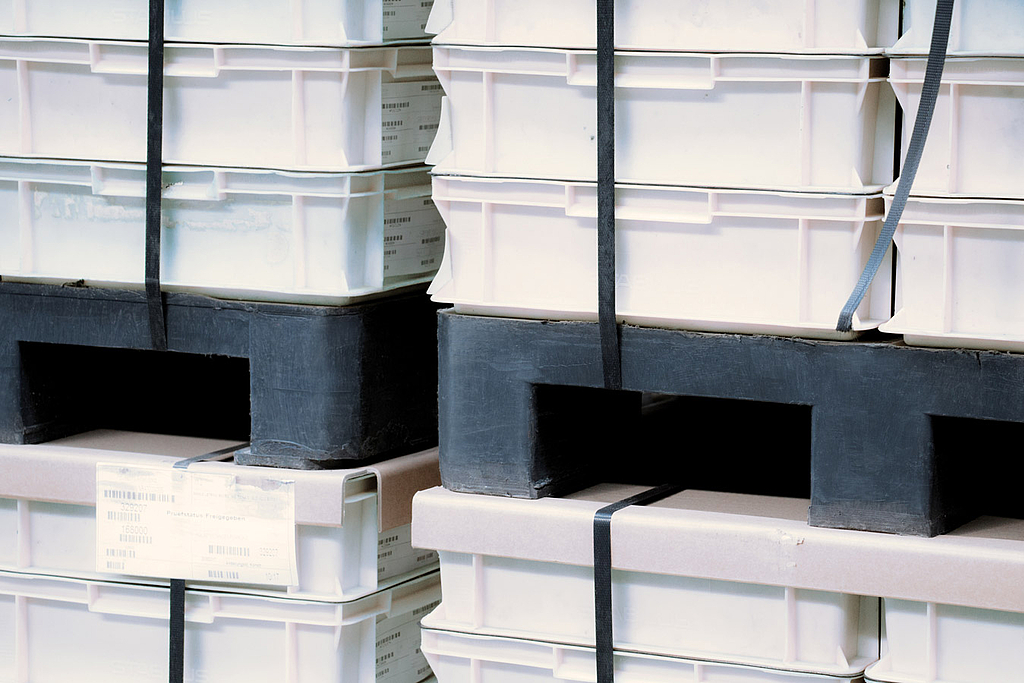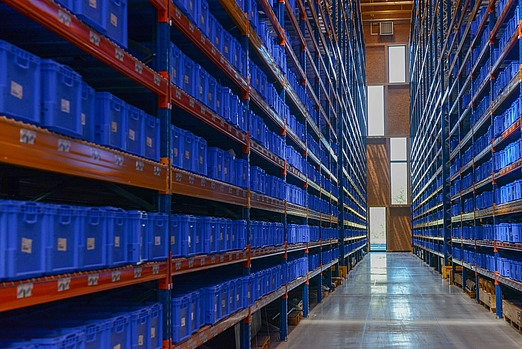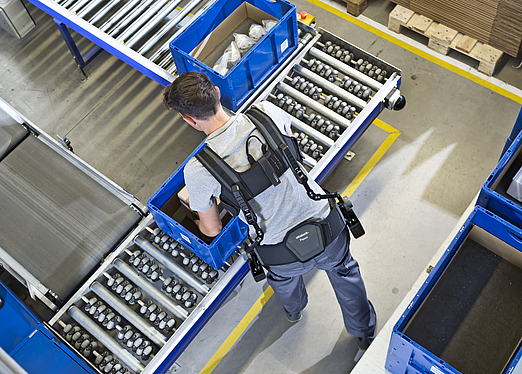How Lenzing is using blockchain to create transparency and has embraced rail transport
“A reliable supply chain is important to customers and will become even more so in the future”
- Interviews
- Success Stories
cargo-partner and the international fiber manufacturer Lenzing have been working together for more than ten years. In October, the two companies collaborated on a block train from Austria to China. We took this as an opportunity to talk to Lenzing’s Marco Schlimpert about blockchain technology in textiles, transparency in the supply chain and the production of protective clothing.



We offer specialized logistics solutions and warehousing facilities for the requirements of a range of industries.
Uniform standards in all of our logistics centers around the world ensure high quality and reliability. Benefit from our comprehensive network of warehouses in Europe, Asia and the USA.
Find out more










